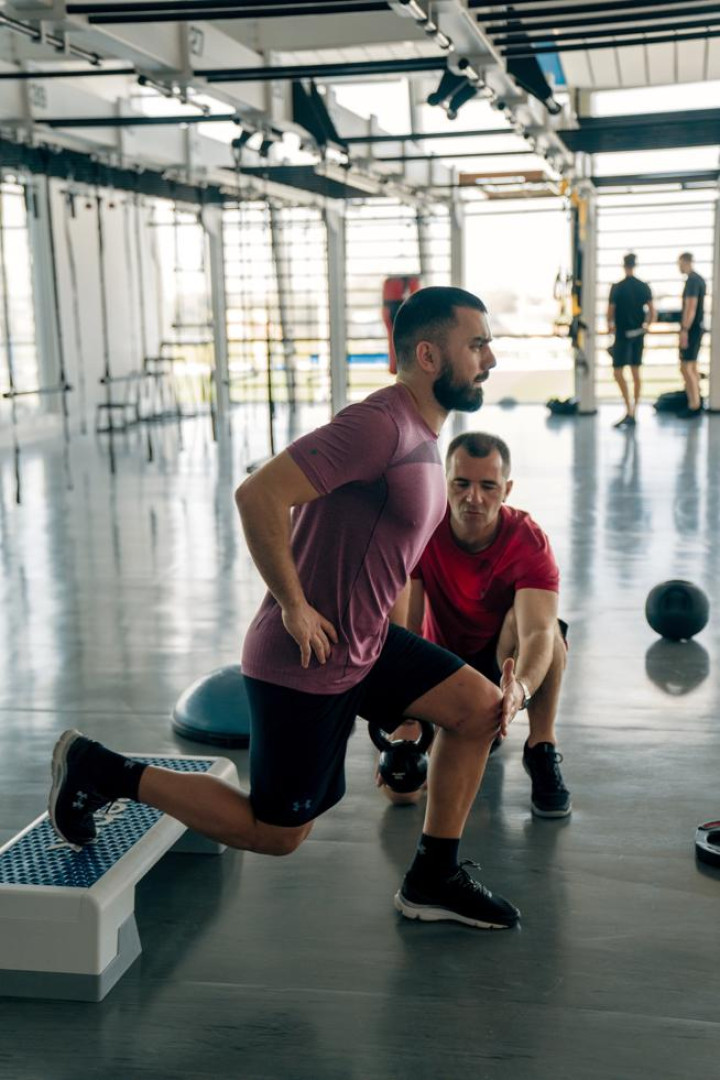Weight Loss
Functional Training
Functional Training is a type of training based on performing functional exercises that recall movements and gestures performed daily. The main purpose is the global development of all the main motor skills. This type of training is based on eight macro-types of functional movements: squatting, bending, lunging, pushing, pulling, twisting, gait and rolling. Functional training aims to train movements whose execution involves multiple muscle groups simultaneously.
How Functional Training Was Born
The origin of Functional Training has been attributed to various contexts and disciplines but it is believed to have its roots in physiotherapy and rehabilitation. In the '90s, some physiotherapists and sports coaches began using functional exercises to help athletes recover from injuries and improve their performance. In recent years, Functional Training has gained more and more popularity, and has been incorporated into many training programs, both for professional athletes and for people looking to improve their fitness.
Who Is Functional Training Suitable For
Functional training is suitable for everyone as it can be set up and planned taking into account the needs and characteristics of the individual.
Benefits
Improvement of motor functionality; Reduction of injury risk; Increased sports performance; Development of endurance; Development of mobility; Muscle definition; Muscle activation; Post-injury recovery
Contraindications
Functional Training may not be suitable for subjects with pathologies or problems affecting certain muscle districts or joints.
Where to Practice It
Functional Training can be practiced in many different places such as the gym, park or at home. It is essential that there is the necessary space to perform the exercises and if necessary the required equipment.
Equipment Needed
Functional Training is practiced mainly with bodyweight but also involves the use of small equipment such as:
- • Kettlebell
- • Medicine ball
- • Sand bag
- • Rope
- • TRX
- • Step or box



